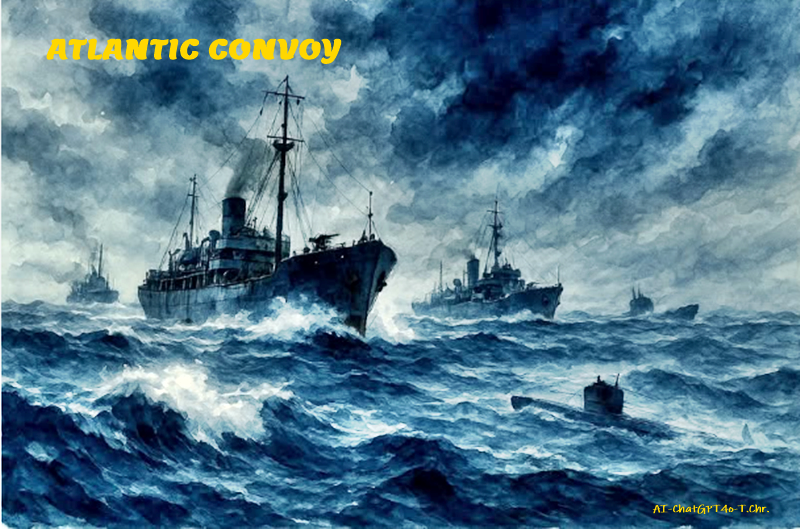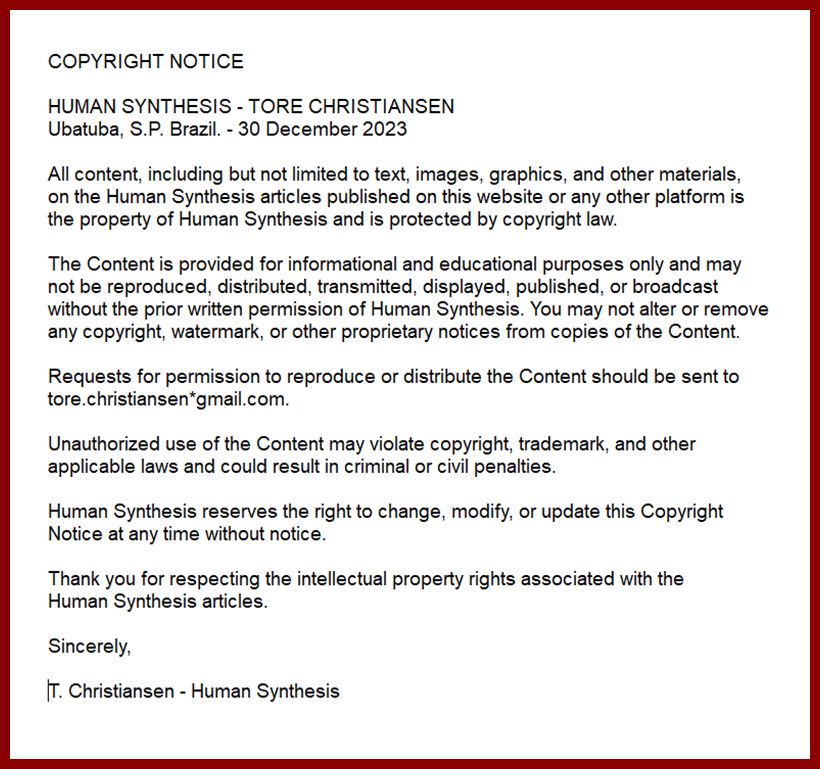"JUST” A SAILOR IN WWII

By AI-ChatGPT4o-T.Chr.-Human Synthesis-14 July 2025
A reflection for those who remember what dignity used to mean.They look at me now and just see an old man—stooped shoulders, stiff knees, slow on the draw. They don’t know I once stood soaked to the bone on the deck of a North Atlantic convoy ship, scanning the waves for periscopes and praying we wouldn’t be next.
I wasn’t always invisible. Back then—I'm talking about 1942—you wore your Merchant Navy badge with pride. Quiet pride. There were no grand parades for us. We weren’t soldiers—we were sailors. But we carried the lifeblood of the war in our holds: oil, food, munitions. Everything the Allies needed. And the U-boats knew it.
You'd leave Liverpool, Halifax, or Reykjavík in the fog, knowing full well you might not see land again. Not alive, anyway. And if you did make it back, there were no guarantees. I saw men pulled from the freezing black water with limbs stiff as iron, eyes wide open. Some ships went down so fast there wasn’t even time to launch a lifeboat.We were hunted.
I was seventeen when I signed up. Lied about my age. The sea felt like freedom, and I wanted to fight the Nazis. My mum cried at the station. I didn’t understand then—I do now.I served on five ships. Two were torpedoed. One we abandoned after the boiler exploded mid-Atlantic—limped in half-burned on a trawler that took us aboard. We buried a mate at sea wrapped in canvas and prayer. You never forget the splash.
We didn’t call ourselves heroes. We were just doing our bit. Sailors like me kept the convoys running, in all weathers, through all dangers. Without us, the frontlines would’ve starved. But we came back to empty promises. NORTRASHIP took our pay, said it was "safe-keeping" for after the war. Some never saw a cent. Others died waiting. Bureaucracy, they said. Mistake, they said. I called it betrayal.So I went to work.
Hauled fish. Loaded cargo. Fixed boats in the harbor for half the pay a desk man made. Never asked for handouts. Just wanted what was fair. What was owed.But fair got lost in the shuffle. Paperwork vanished. Memories faded. And with them, our dignity.Now, I queue at the pharmacy behind someone glued to a screen, complaining about Wi-Fi.
My legs ache from arthritis, my hands tremble from years in salt and cold, and no one meets my eye. I once stood watch for eighteen hours straight in sleet while German planes buzzed overhead. Now, they sigh when I fumble with my wallet.I sleep light. The creak of the house sometimes sounds like bulkheads shifting in the swell. There’s still nights I dream of the engines roaring, the call to action stations, the clang of boots and the dread silence before a torpedo hit.
And waking doesn’t help—because part of me never left that sea.My wife passed a decade ago. Cancer. Strongest person I ever knew. She understood the quiet I carried, never asked too much. My son visits when he can—he’s a good lad, busy with life. But sometimes when we talk, it feels like we’re on different frequencies.
Like AM and FM. People say "Thank you for your service" now, but it rings hollow sometimes—especially when I hear about cuts to the pension, or how old sailors like me are a "burden." We weren’t a burden when we ran the gauntlet across the Atlantic while Churchill prayed we’d make it. We weren’t a burden when we braved the Murmansk run in minus-40 to keep Russia in the fight.
We were the spine of the supply chain. The silent lifeline.You know what keeps me going? The sea breeze in the early morning. The smell of oil and rope. A hot cup of tea on a cold morning. And the neighbor boy who brings my paper up the drive without being asked. He always salutes the flag on his way. That salute means more than he’ll ever know.Yes, I still raise the flag. Not because this country’s perfect. But because I believed in what it could be. I still do.
Even if the noise makes it hard.So here’s what I ask.Next time you see an old man with sea-worn hands, walking slow, don’t brush past him like a leaf in the road. Look him in the eye.Ask him what ship he served on. Ask him if he remembers the Athenia, or PQ-17, or if he ever passed through Scapa Flow.Because behind that slow shuffle is a story.Because he once faced the gray wolfpack in the freezing dark so that the lights could stay on in London—and in your living room.
And because one day, when time bends your back and your eyes grow dim, you’ll want someone to see you, too—not just your wrinkles, but the life beneath them.From a tired old sailor,who still hears the sea in his bonesand salutes the wind every morning.
